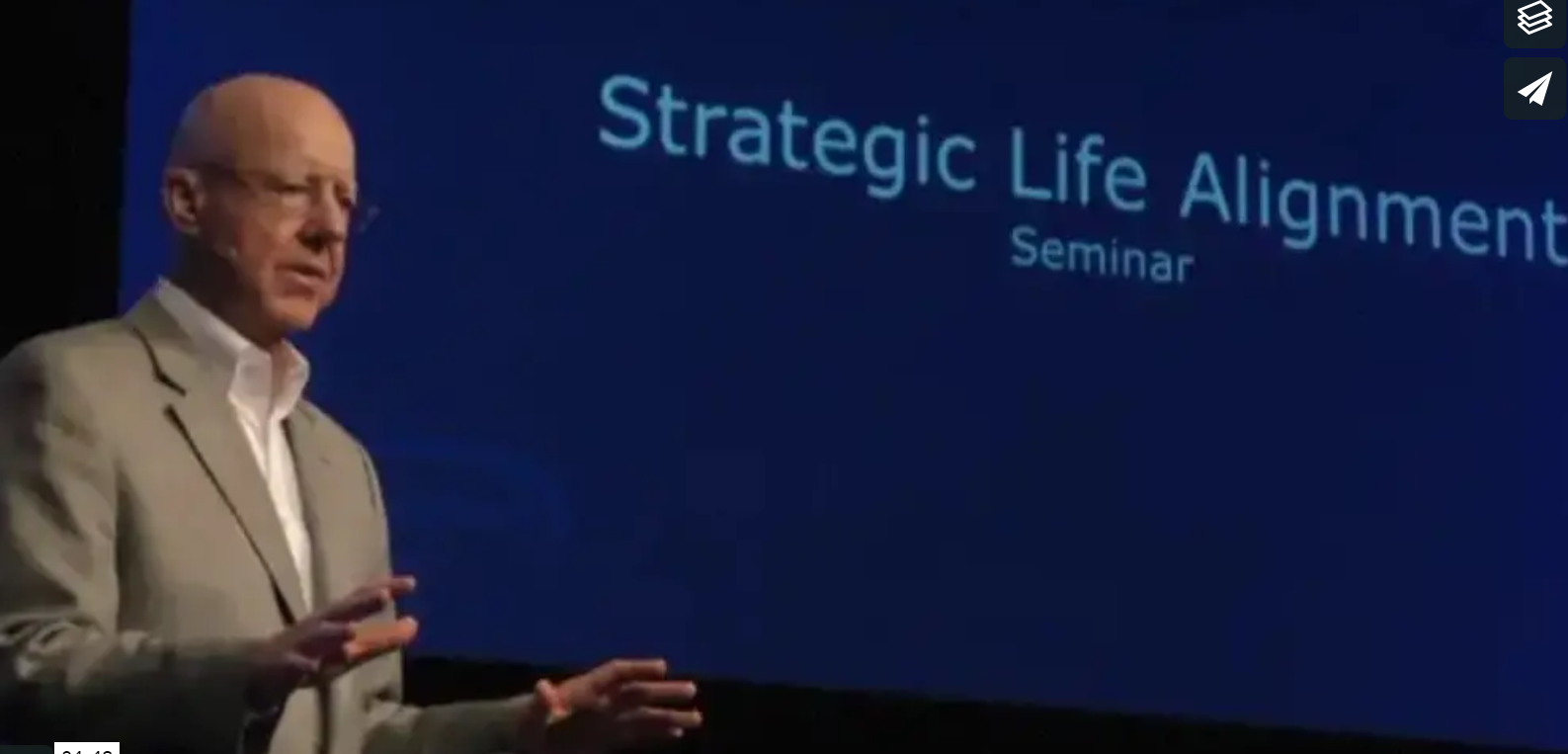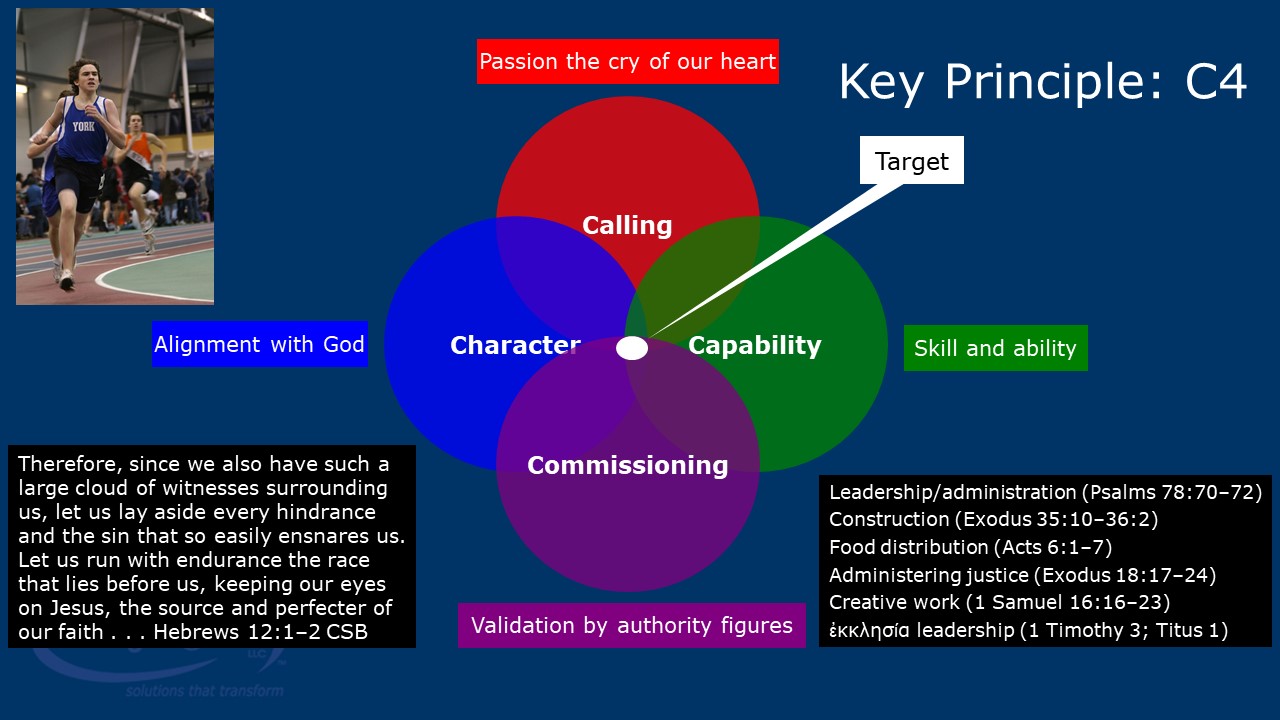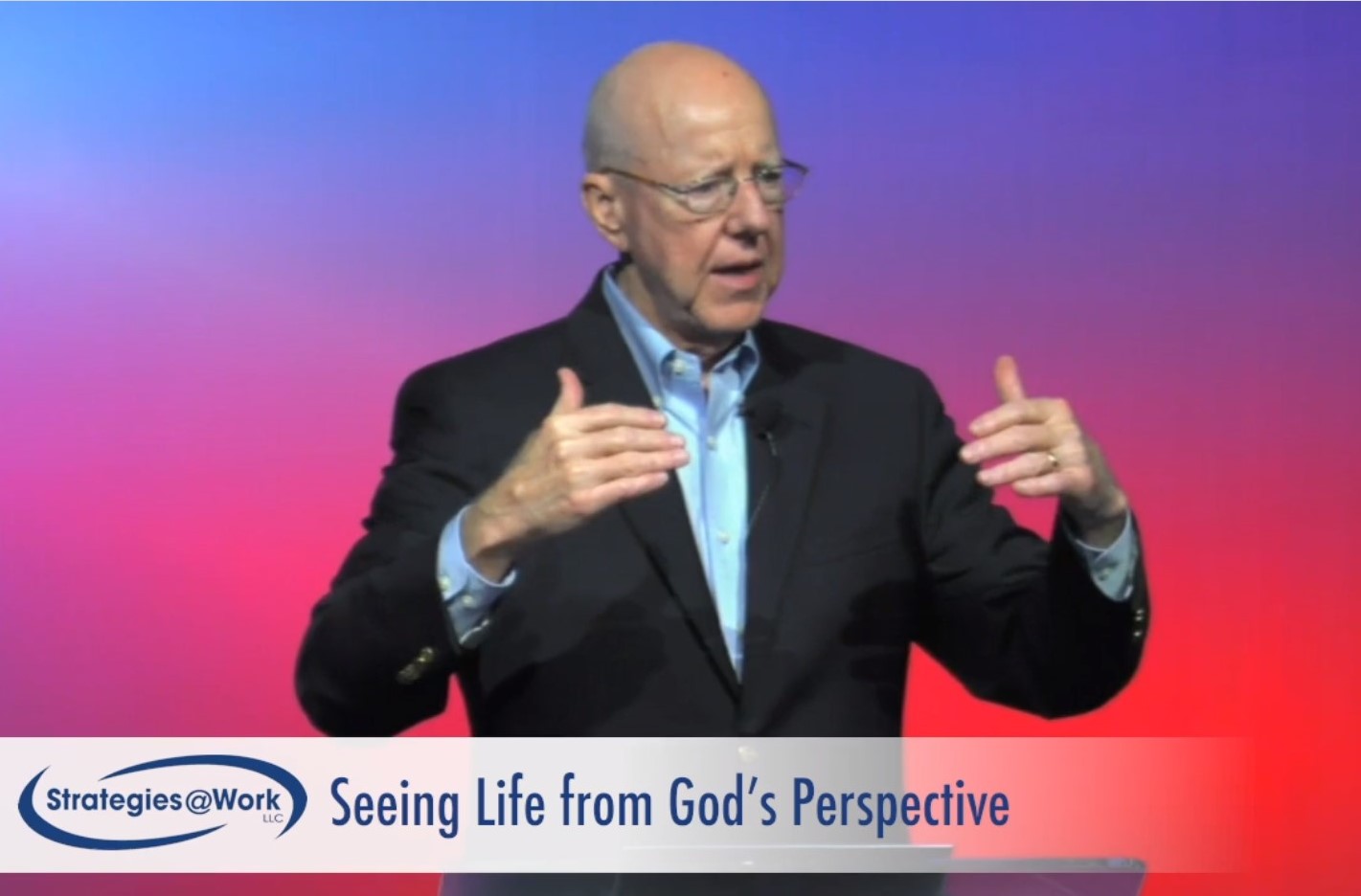 |
||||||
June 1, 2020 |
||||||
Gleanings |
||||||
Who Defines Truth and Reality? |
||||||
by Gerald R. Chester, Ph.D. |
||||||
| In a culture given to humanism and its seminal value of autonomy, submission to authority is not esteemed; rather, authority is disdained. All authority, however, is divinely ordained but not all authority figures act congruent with their divine commissioning. Nevertheless, Christians are mandated to obey divinely ordained authority with a singular exception: when obedience to human authority conflicts with obedience to God. The Christian norm is that obedience to human authority is obedience to God, but when human authority is inconsistent with divine authority, divine authority supersedes human authority. In the Creation Mandate,1 divine authority was delegated to mankind to steward the Creator’s physical universe. Since the fall of man, however, mankind has been in rebellion against divine authority. Nevertheless, for the first fifty-four hundred years of history, mankind tepidly submitted to God. In most cultures, people revered a god or gods that served as external reference points to define truth and physical reality.2 About seven hundred years ago, a change occurred. William of Occam posited a theory that mankind did not need an external reference point to define truth and physical reality. This eliminated the need for a transcendent God and emboldened mankind to believe that, in and of themselves, mankind could define truth and physical reality. This meant that the understanding of truth and physical reality did not require transcendent absolutes. Man could define truth and reality using his own mind and sense perception. Consequently, the idea of a necessary God as the transcendent Creator and external reference point has been progressively rejected over the past seven hundred years. This ideology is called nominalism. Nominalism elevated man and denigrated God, which emboldened the bias to humanism innate in the fallen nature of mankind. Prior to nominalism, biblical authority was highly regarded even by those who did not embrace a Christian view of God. But with the rise of nominalism, there has been an evolving decline in both biblical credibility and authority. This pattern of disdain and disregard for Scripture began slowly. In the past two hundred years, it accelerated. Here is a brief synopsis of the deterioration and what is likely to happen in the future, particularly in the USA.
What is coming? Without divine intervention, the pattern of secularization will continue to disconnect any vestiges of Christianity from the culture. There will be no tolerance of Christian norms.
Because secularization is a worldwide phenomenon and the USA is the economic leader of the world, the pattern of the USA will impact the world. The USA was founded as a democratic republic in the eighteenth century during the rise of nominalism. And the USA is following a historical pattern noted by eighteenth-century scholar Alexander Tytler (1747–1813), a Scottish professor of history at the University of Edinburgh. He studied the history of democracies and developed the Tytler Cycle, a nine-phase theory of the cycle of democracies. The nine phases are listed below using the USA as an example:
The USA appears to be in phase 8. Apathy is the cultural attitude toward Christian norms that has enabled humanistic norms to be introduced and widely accepted even by many professing Christians. Though the USA was founded on Christian norms, the USA was founded downstream of nominalism. Consequently, the rejection of God and biblical authority that came from nominalism, impacted the USA from its beginning. Specifically, the Christian view of God as the external reference point for defining truth and reality was challenged and humanistic relativism eventually prevailed. The unraveling of the USA from Christianity occurred in the midst of the Tytler cycle and, perhaps, has accelerated the cycle. The social decay of nominalism has occurred with little resistance from Christians who have functioned as if they are powerless to stop it. Nominalism has given humanism unprecedented support and Christians have tacitly agreed. The failure of the Christian community to resist the unprecedented rise of humanism reveals that the Christian community is not well enough grounded in the Christian faith to fight the battles. Biblical illiteracy and a lack of commitment to Scripture are so pervasive that professing Christians do not know God’s truth. Therefore, they cannot respond to the humanists and credibly offer a biblical view of truth and reality. When Christians are impotent, the world is lost. Such is the condition today. May the Christians of the world repent and return to the authority of Scripture as the basis for defining truth and reality. Only then can Christians stop the decay and lead a lost world to the Creator’s definition of truth and reality. _____________________________ |
||||||
| Quick links | ||||||
Teaching: The Limit of Submission |
||||||
| Upcoming Training | ||||||
Seminar: Strategic Life Alignment |
||||||
| Seminar: SLA Alumni Event C4 and Calling | ||||||
| Recent Trainings | ||||||
| Social Media | ||||||
| Gleanings | ||||||
| Other | ||||||
|
||||||








.png)